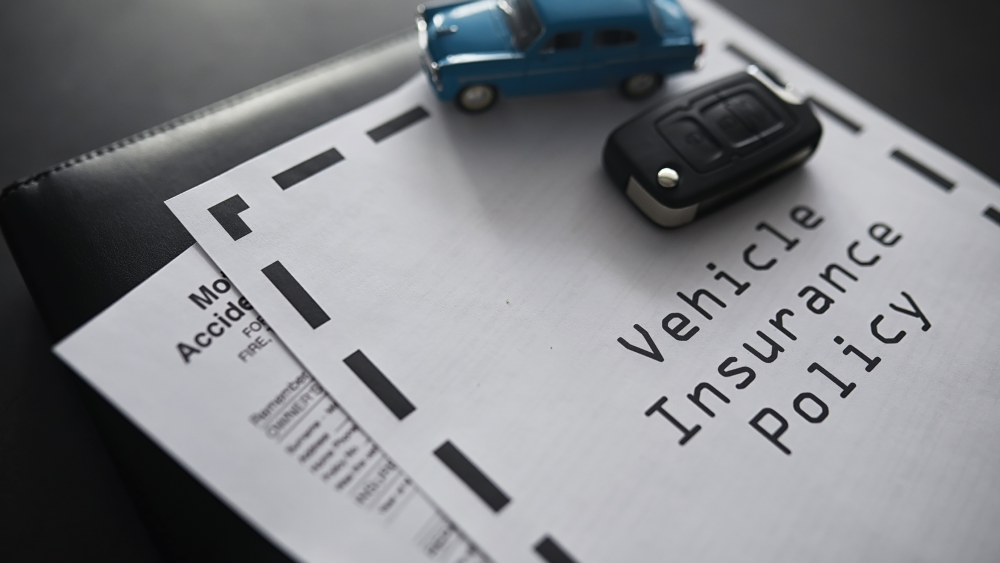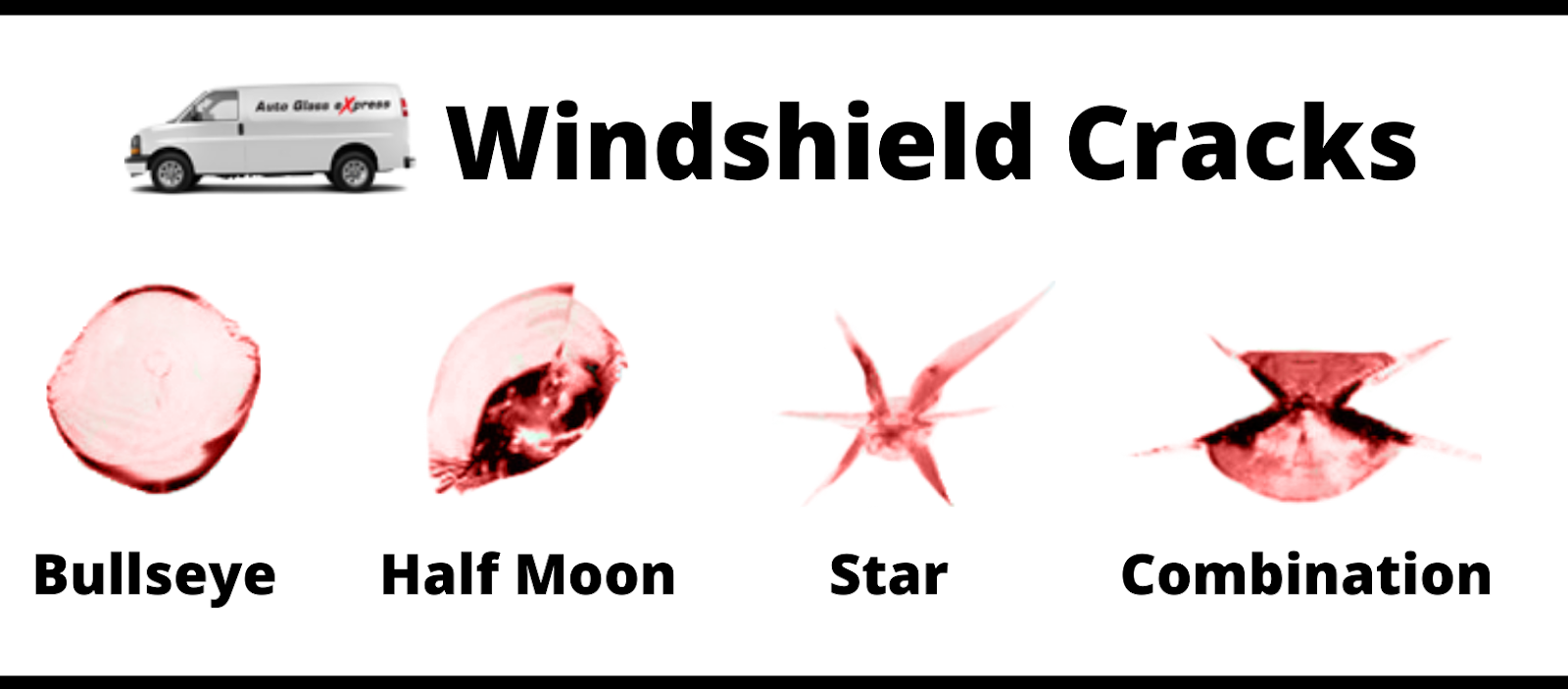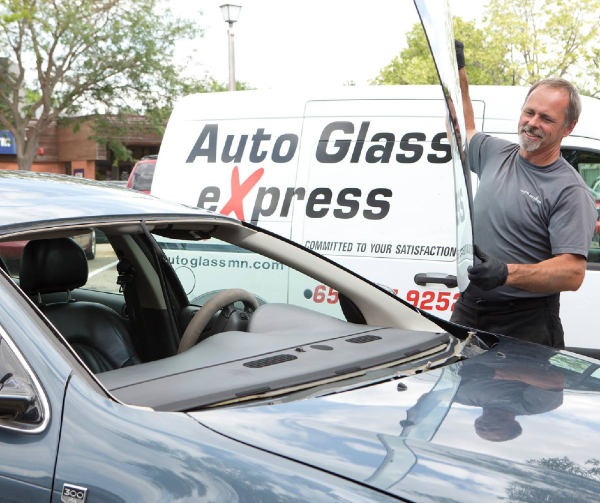Dealing with a damaged windshield can be very stressful. You might be wondering if it's a good idea to use your insurance to replace it. We want to help you make the right choice, so let's talk about windshield damage, when to repair or replace it, and whether using your insurance is a good idea.

Understanding Windshield Damage
What Causes Windshield Damage?
Windshield damage can happen for many reasons:
Road Debris: Sometimes, rocks or other stuff can hit your windshield, causing little marks or cracks.
Extreme Temperatures: If it gets very hot or cold, your windshield can get stressed and make existing damage worse.
Collisions: If you're in a car accident, your windshield may break or become severely damaged.
Vandalism: Deliberate damage caused by vandalism can leave your windshield in need of immediate repair or replacement.
Types of Windshield Damage
Windshield damage comes in various forms:
Chips: Small, shallow marks on the glass.
Cracks: These are lines or branches on the glass.
Bullseye: A round mark, like a target.
Half Moon: A semi-circular or crescent-shaped damage with radiating cracks.
Star Break: Cracks that come out from a central point.
Combination Break: This is when you have a mix of different cracks or chips in one place.

Repair vs. Replacement
Whether you should repair or replace your windshield depends on the extent of the damage:
Repair: If it's a small chip or a tiny crack, you can often fix it. This is usually faster and cheaper than replacing the whole windshield. It also keeps your windshield strong and stops the damage from spreading. But sometimes, if it's a big crack or it's too close to where you look while driving, you'll need a replacement.
Replacement: If the damage is really bad or weakens your windshield's strength, you'll need a new one. Modern windshields are very important for your safety while in the car, so a proper replacement is a must.
Using Insurance for Windshield Replacement
Understanding Your Insurance Policy
First, carefully look over your car insurance policy to see what it covers:
Comprehensive Coverage: If you have this type of coverage, it usually covers windshield damage. Check your policy for the details.
Deductible: You might have to pay a certain amount (deductible) before your insurance helps with the cost. Think about whether this makes sense compared to the repair or replacement cost.
Premiums: Using your insurance for windshield repair or replacement usually doesn't make your insurance cost more. They often consider it a "no-fault" claim.
Claims Process: Learn how your insurance company handles claims.
Coverage Limits: Check if there are any limits on how many times you can claim windshield repairs in a certain time.
Pros of Using Insurance
Using your insurance coverage for windshield replacement offers several advantages:

Cost Savings: If your policy covers it with a low deductible, it can save you money.
Safety: Getting your windshield fixed is crucial for safe driving.
Peace of Mind: Knowing you're covered for unexpected damage is a relief.
Quality Service: Insurance companies often work with good auto glass providers, so you'll get good work done.
Cons of Using Insurance
But there are also some drawbacks:
Deductible Costs: You might have to pay money upfront before insurance assists with payment.
Claims History: Every time you make a claim, it goes on your record. While windshield claims usually don't raise your premiums, a lot of claims might affect your ability to get insurance later.
Limited Coverage: Some policies might limit how often you can claim windshield repairs.
Tips for a Smooth Windshield Replacement
Choose a Good Auto Glass Provider
Picking the right place to replace your windshield matters:
Experience: Go for a place with a good track record.
Certifications: Look for technicians certified by groups like the Auto Glass Safety Council.
Quality Materials: Make sure they use high-quality glass for the replacement.
Insurance Acceptance: If you're using insurance, pick a place that works with your insurance company.
Document the Damage
Before you get it fixed, take pictures of the damaged windshield from different angles. This can help when you file an insurance claim.
Understand the Warranty
Ask about the warranty for the replacement. Most reputable places offer warranties to cover any issues that might come up.
Schedule Promptly
Don't wait too long to get it fixed. Even small damage can get worse over time.

Notify Your Insurance Company
If you're using insurance, tell them about the damage and your plan to claim it.
Final Inspection
After the replacement, check the work to make sure it's good quality.
Follow Post-Replacement Care
Your auto glass provider will give you instructions on how to take care of your new windshield.
Keep Records
Keep all the paperwork related to the replacement, like invoices and warranties.
Making the Right Choice for Safety and Savings
Deciding whether to use insurance to replace your windshield is a big decision. Knowing about windshield damage, when to repair or replace, and the pros and cons of insurance can help you make the right call. No matter what, choose a good auto glass provider, document the damage, understand the warranty, and follow the care instructions for your new windshield. Safety and savings should be your top priorities.
At Auto Glass Express, we are committed to providing you with the information and services you need to make the best decision for your specific circumstances. If you have any questions or need assistance with your windshield replacement or repair, don't hesitate to reach out to our experienced team. We're here to help you every step of the way.

